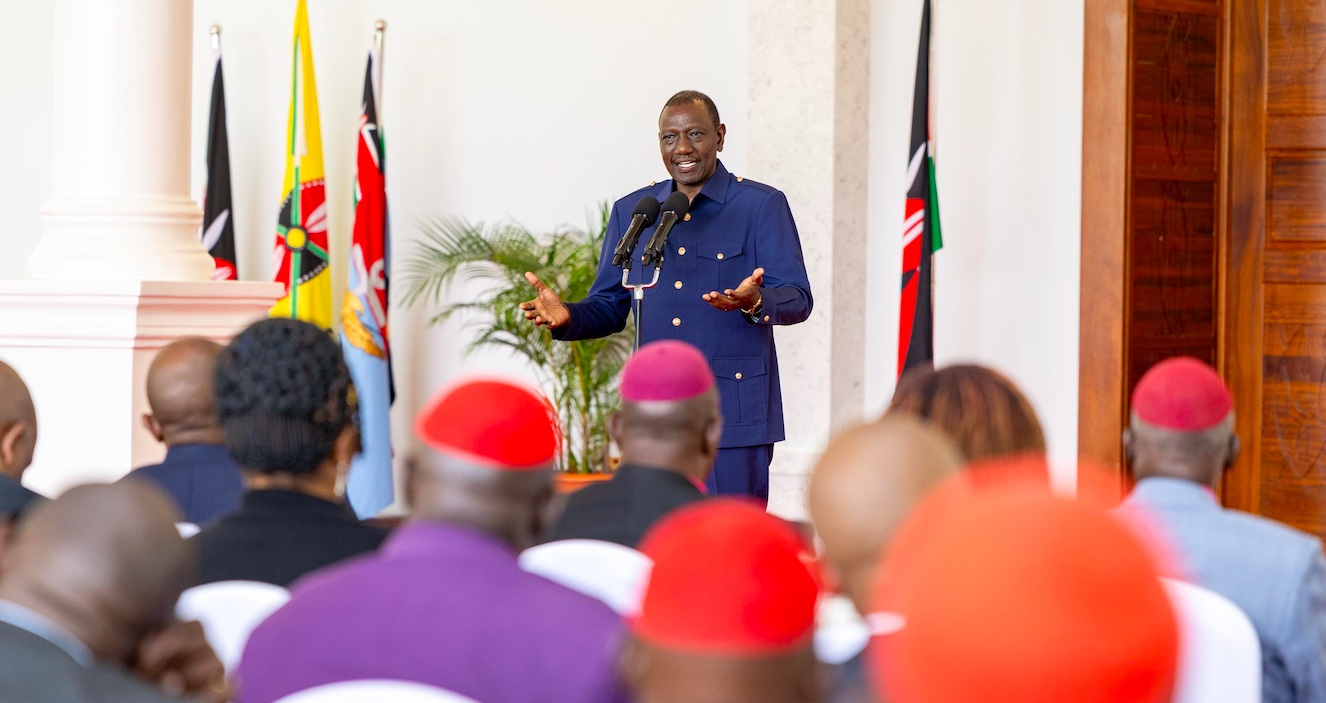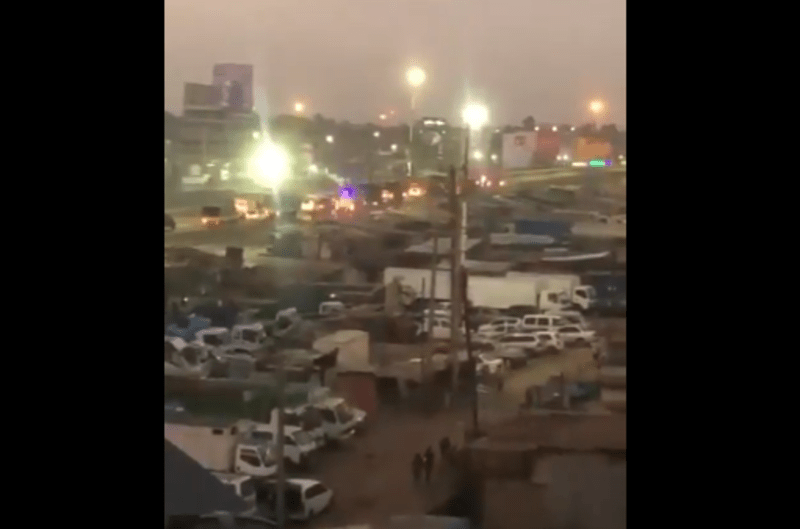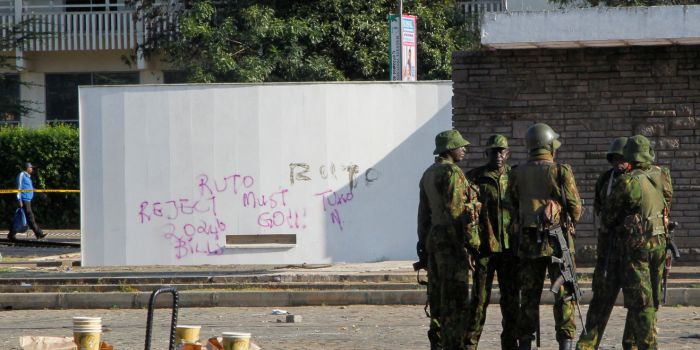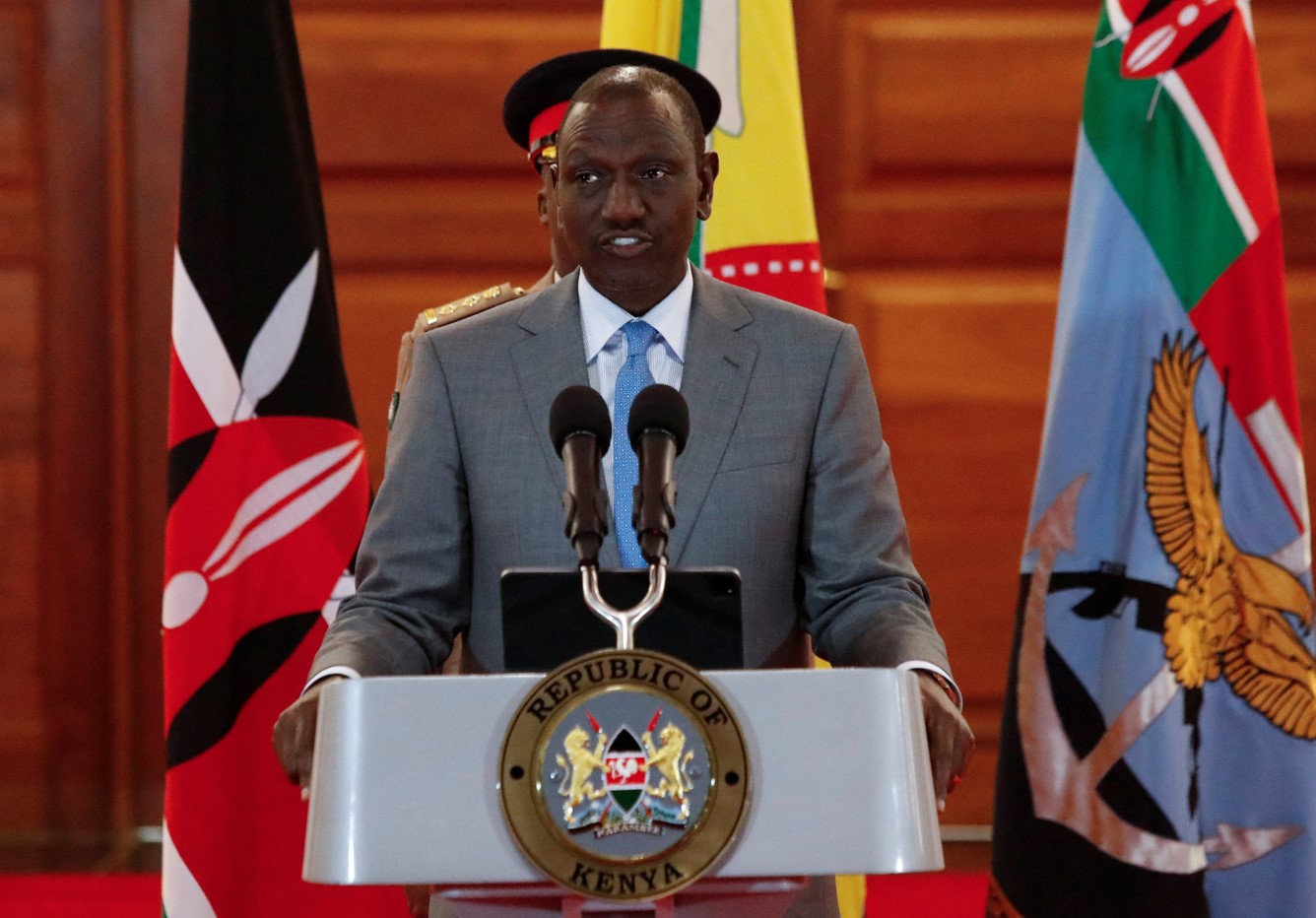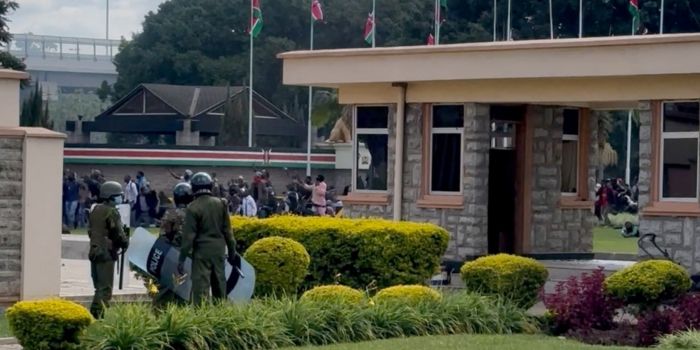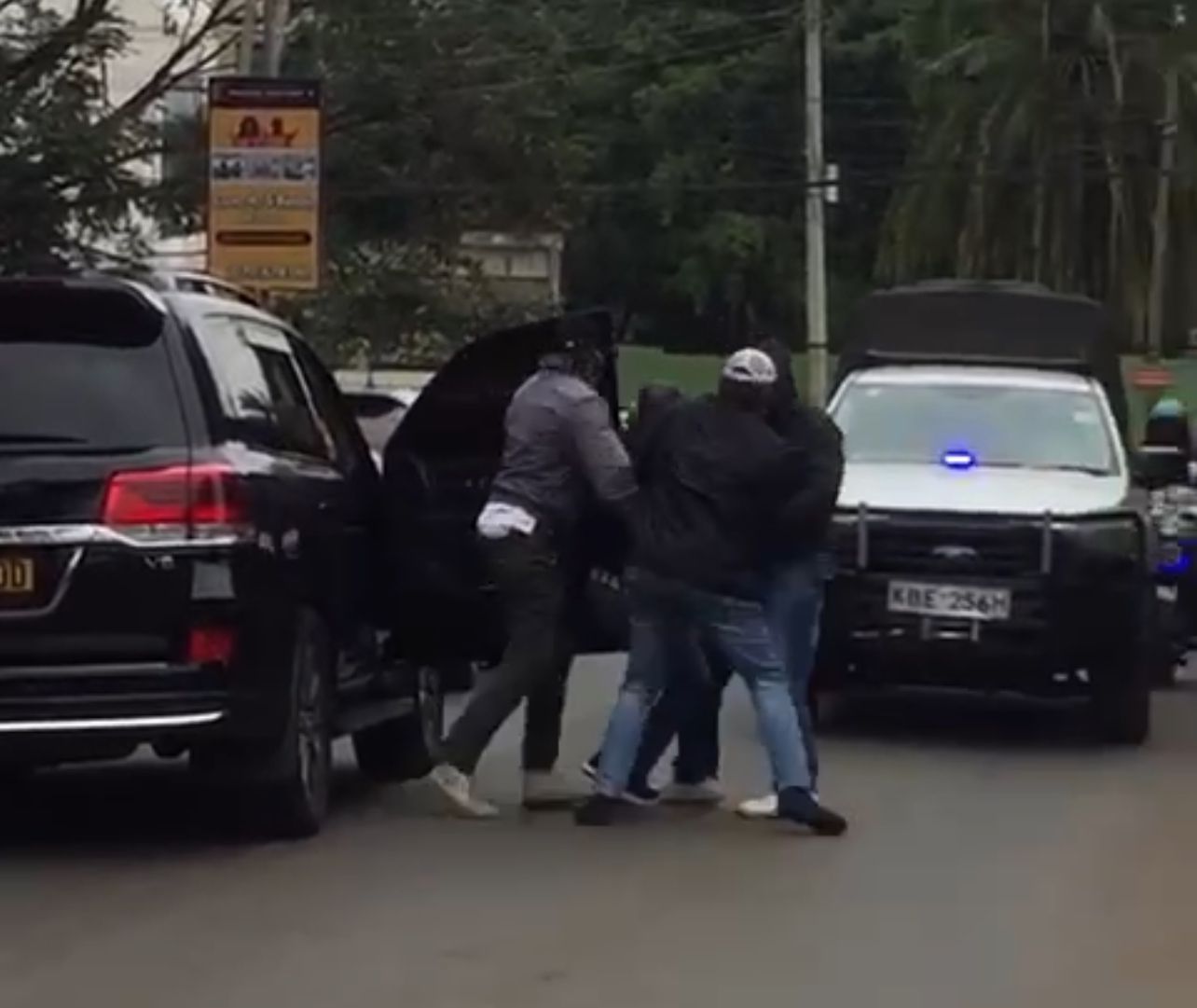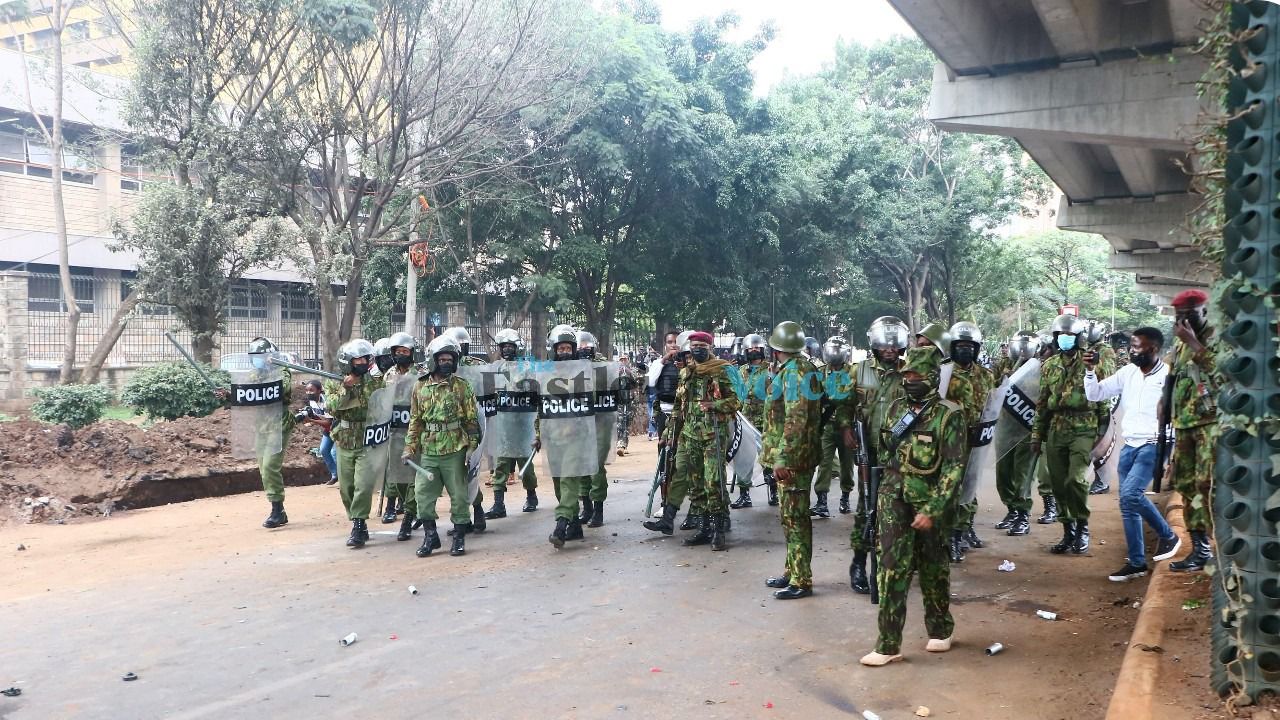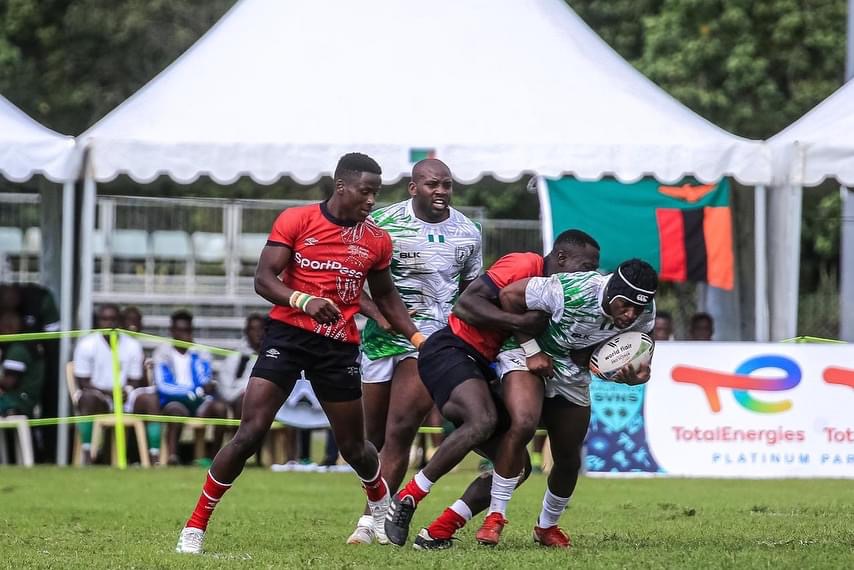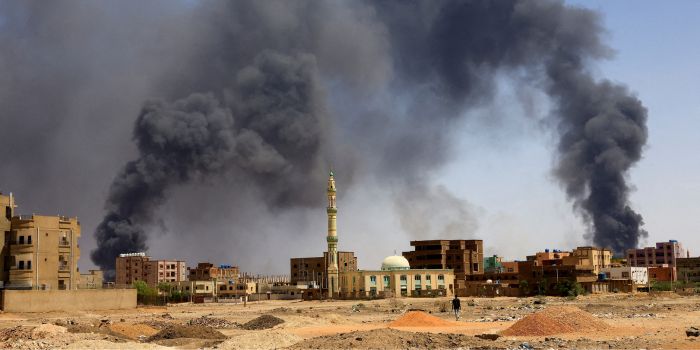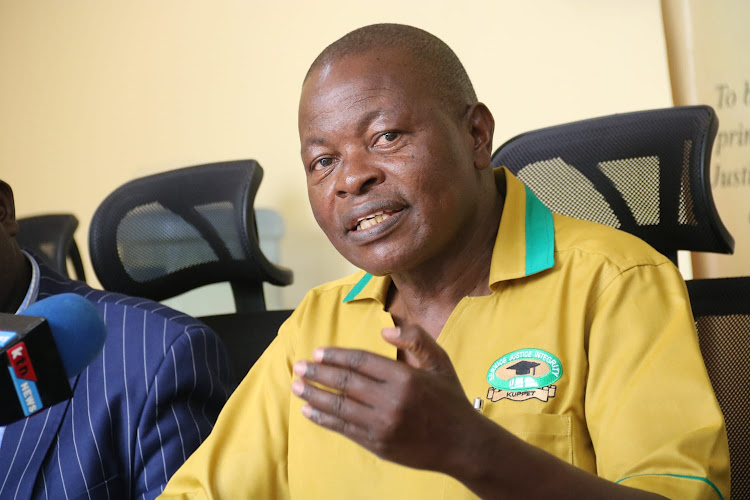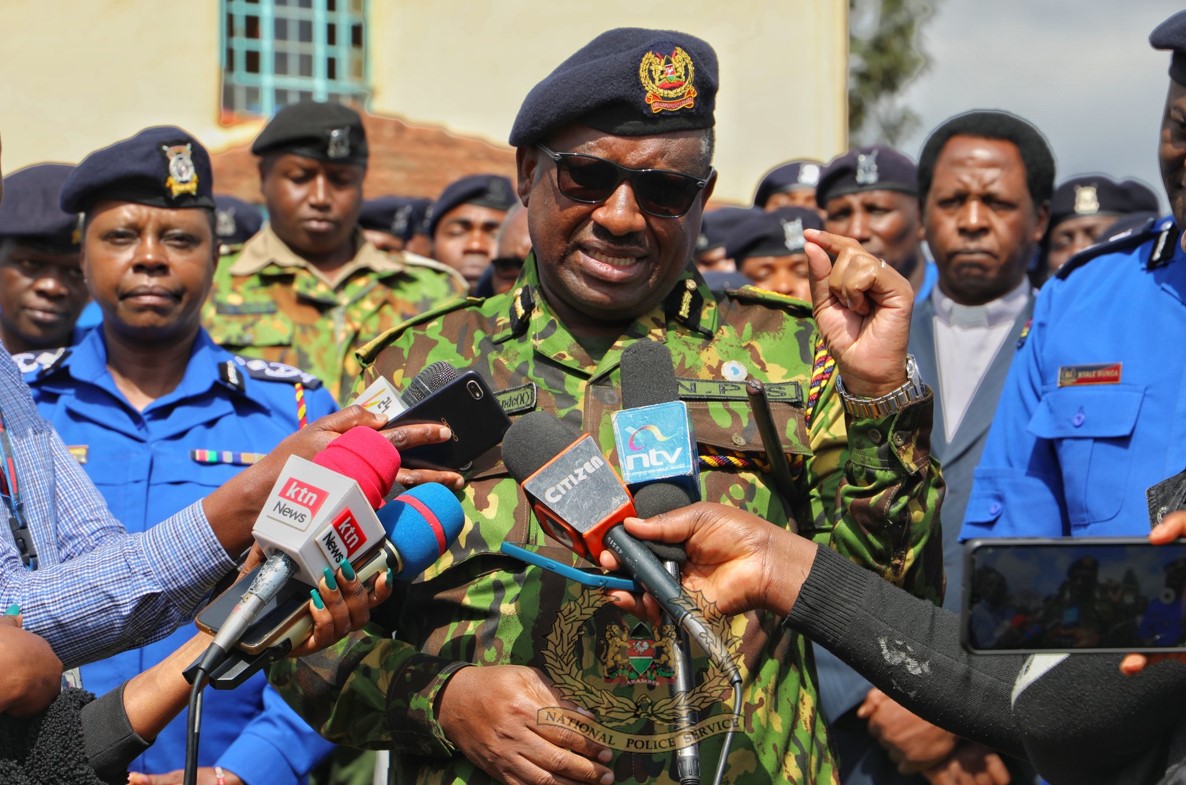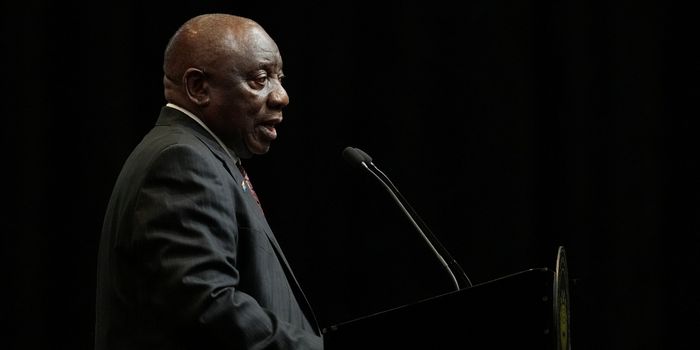CS Duale outlines guidelines for military deployment during protests after court order
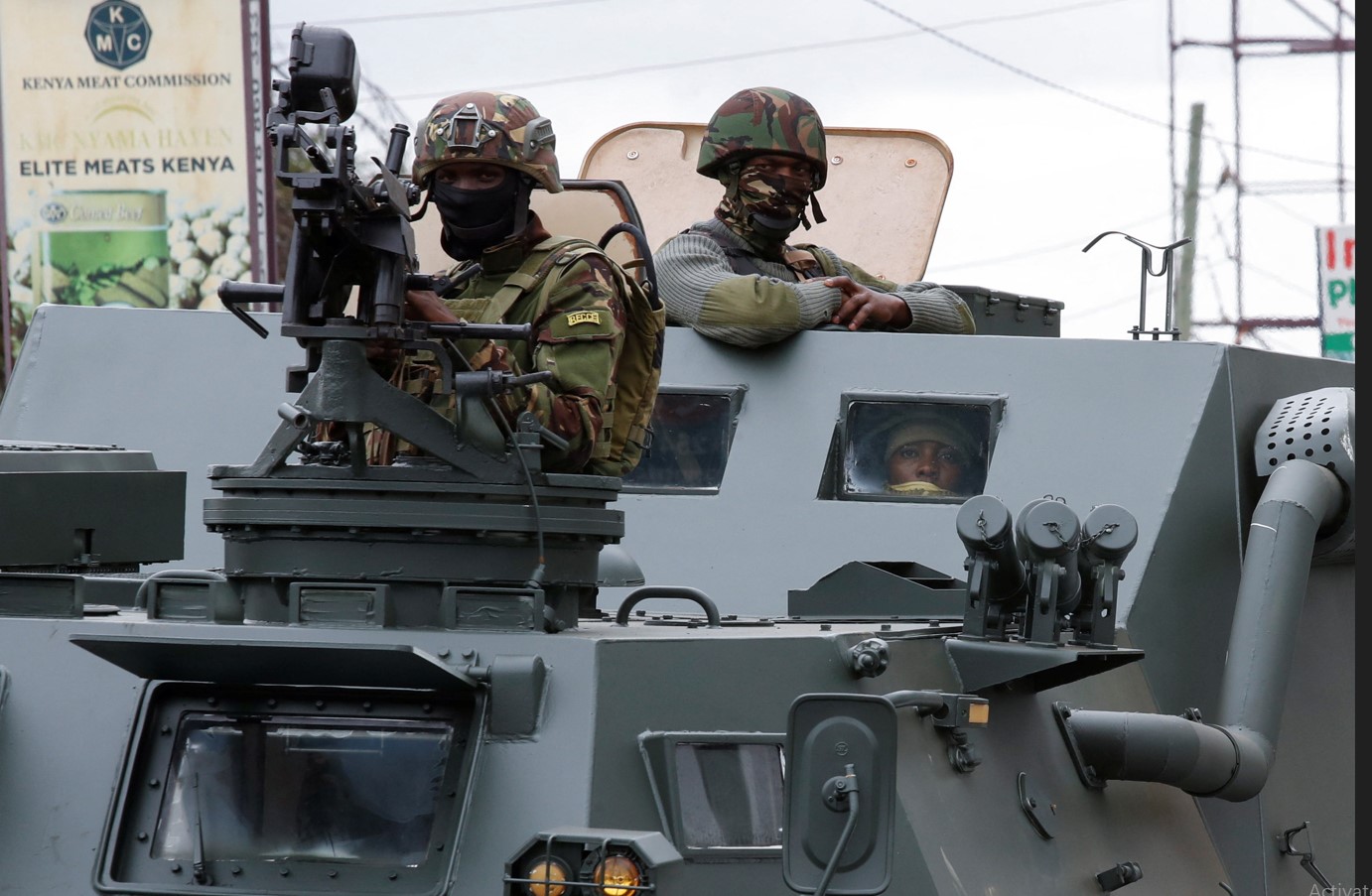
By Mary Wambui |
The notice, second this week, comes after the high court nullified an earlier one for failing to follow the proper procedure.
Military officers will support the National Police Service in quelling any violence that occurs across the country for the entire period that protesters will be taking to the streets, after Defence Cabinet Secretary Aden Duale authorised their deployment in a gazette notice on Friday.
The notice that authorises KDF to respond to "the security emergence caused by violent protests in various parts of the Republic of Kenya resulting in destruction and breach of critical infrastructure" was promoted by Tuesday's violent storm of parliament buildings by angry protesters seeking to have the Finance Bill, 2024 withdrawn in its entirety.
Keep reading
In following the directions of Justice Lawrence Mugambi who on Thursday ordered that the deployment have defined timeliness and area of operation, CS Duale declared that the deployment will be applicable until normalcy returns in the country.
"Based on the prevailing threats to national security, planned and orchestrated through various platforms in cyberspace, the deployment will cover the 47 counties within the Republic of Kenya where critical installations and infrastructure are located to assist the National Police Service in preserving life, preserve the internal security of the State, protect property as well as maintain law and order," the notice reads.
It adds that the terms of engagement are as enshrined in the Constitution.
"The terms of engagement for the deployment shall be the constitutional standards enshrined in the Bill of Rights, articles 238 (1) and (2) of the constitution of Kenya, 2010, statutory requirements and principles provided at sections 3,8(2),34(1),34(3), and 35 of the Kenya Defence Forces Act."
The notice, second this week, comes after the high court nullified an earlier one for failing to follow the proper procedure.
The high court had on Thursday declined to nullify the deployment of the Kenya Defence Forces (KDF) in support of the police in the protection of public property and critical infrastructure during the anti-Finance Bill protests after the Law Society of Kenya sued CS Duale, Defence Council for the decision to deploy, terming the move illegal and unprocedural.
In its ruling, however, the court has given the government two days to publish another gazette notice with details about where the KDF is deployed, the scope of what the military is expected to do, and the duration of that deployment.
Justice Mugambi said the deployment was not in contravention of Section 241 of the Constitution as argued by LSK in its petition.
The society had sought the court to order soldiers back to the barracks claiming there was no justification for military intervention as there was no evidence that the NPS was unable to deal with the largely peaceful protesters.
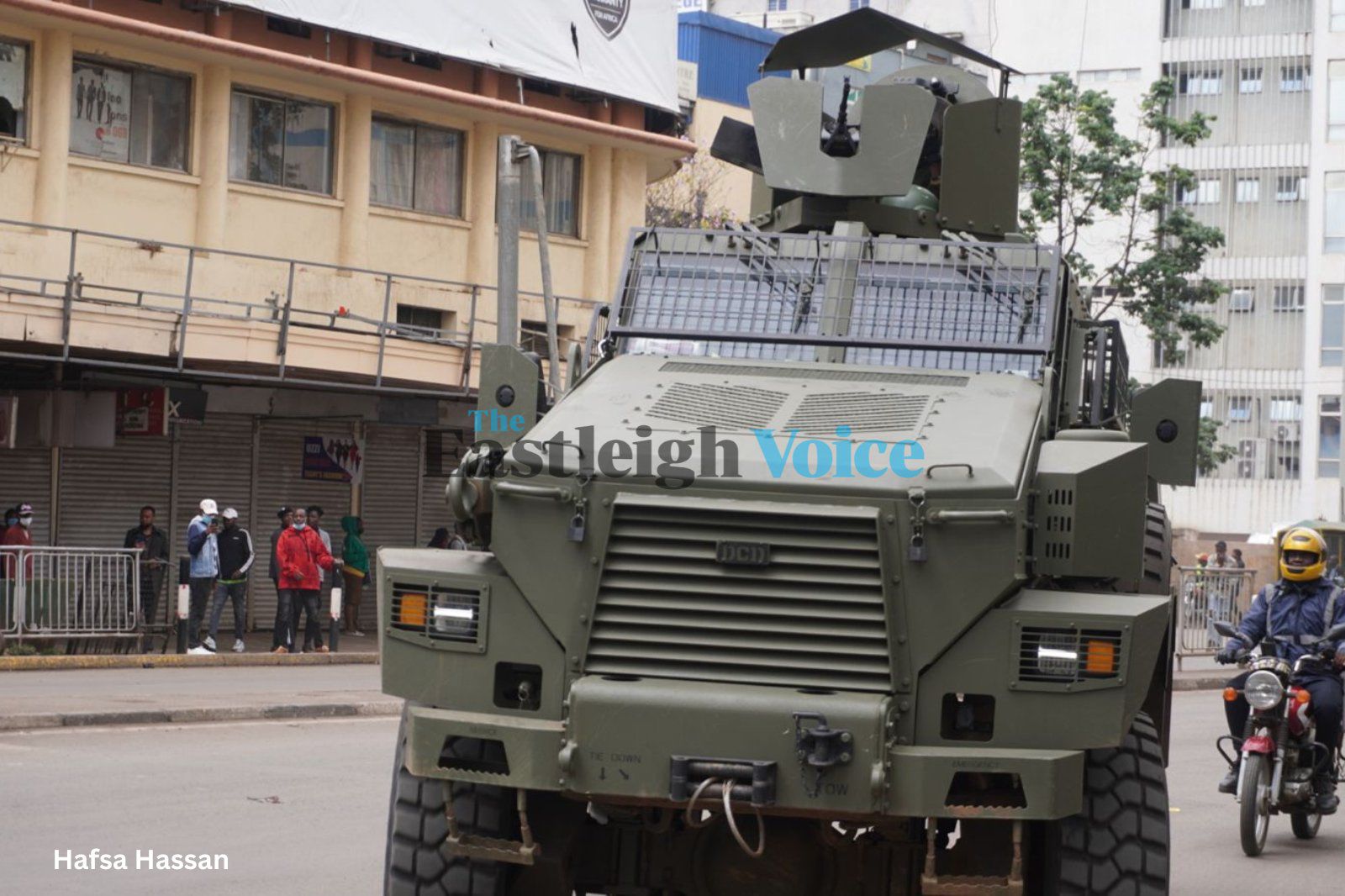 Military vehicles with the Kenya Defence Forces officers pass through Nairobi CBD as protests continue. (Photo: Hafsa Hassan)
Military vehicles with the Kenya Defence Forces officers pass through Nairobi CBD as protests continue. (Photo: Hafsa Hassan)
LSK felt the intervention of the military was necessary, would cause fear among Kenyans and prevent them from expressing themselves through demonstrations.
The court shared the same views as the LSK that it is common knowledge that the military in the nature of its training is ill-equipped to deal with the civilian population as it is trained for armed combat.
"The military principle is primarily suppression through the use of force to resolve the crisis," Justice Mugambi said.
"I agree that the deployment of the military in a blanket manner without defining the scope and the nature of their operation and duration of the intervention is a dangerous trend that can bring about the militarisation of the country which can curtail the enjoyment of rights and freedoms," he added.
The judge added that this would muzzle the civilian population from protesting what it believes are unfair taxation policies imposed by the government and also drive a wedge between the military and the civilian population it is meant to protect.
"Consequently, a clear balance must be struck in the spirit of transparency and accountability by giving clear terms of reference which must be published for the public to know, interrogate and appreciate, " stated the judge.
He further said that, even though the intervention was justified given events of July 25 necessitated the immediate deployment of the military, it was also clear to him that the public has not been fully appraised of the extent of military involvement hence the apprehensions and suspicions that the public have about the military intervention.
"This concern must be addressed. The court will exercise supervision and this file will remain open during and until the military engagement in the protests, and the orders might vary," the judge ruled.
Contrary to fears of collision either protesters, the military deployed on Thursday interacted cordially with protesters earning praise from the public.
This was, however, in sharp contrast to what was observed from areas where police were coming into contact with protesters, where teargas were lobbed and in some cases, protesters were shot.
The Independent Policing Oversight Authority and multiple human rights organisations are actively monitoring police behaviour to press charges against those found violating the law and subjecting peaceful protesters to brutality.




